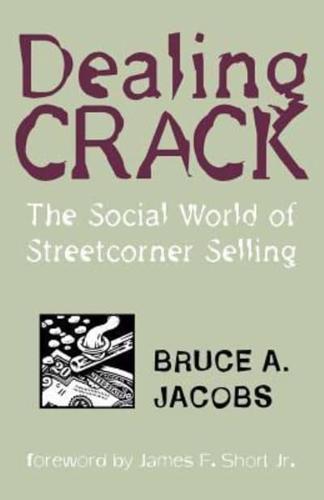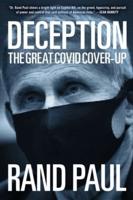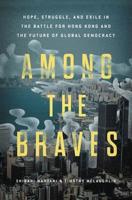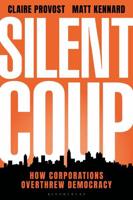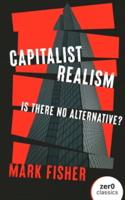Publisher's Synopsis
During the 1980s, addiction to crack cocaine escalated at an alarming rate. As the demand for crack grew, so did the economic opportunities for entrepreneurial street dealers, who developed criminal underground networks for the supply and retail sale of the high-profit substance. While crack cocaine use has since plateaued and is on the decline, hard-core dealers persist in selling the increasingly unprofitable drug in a high-risk, competitive street market. Bruce A. Jacobs bases his study on dangerous field research conducted in one of the most socially distressed and impoverished neighborhoods in St. Louis. Drawing on no-holds-barred interviews with active dealers, as well as on his own eyewitness observations of transactions and encounters with police, Jacobs captures the crack business as it actually operates on the streets. He examines the underlying motivations for selling crack, describes the complex and intricate social organization of dealing, and explores how dealers protect transactions from law enforcement, undercover police, and criminal predators. Quoting extensively from his conversations with offenders, he conveys much of the fear and aura surrounding the process and lifestyle of crack cocaine dealing. This provocative volume is appropriate for a variety of courses in criminal justice and social problems and gives general readers an inside look at one of America's most troubling problems.
